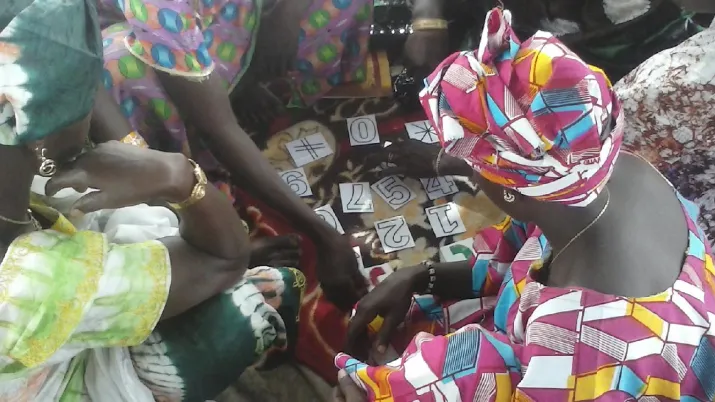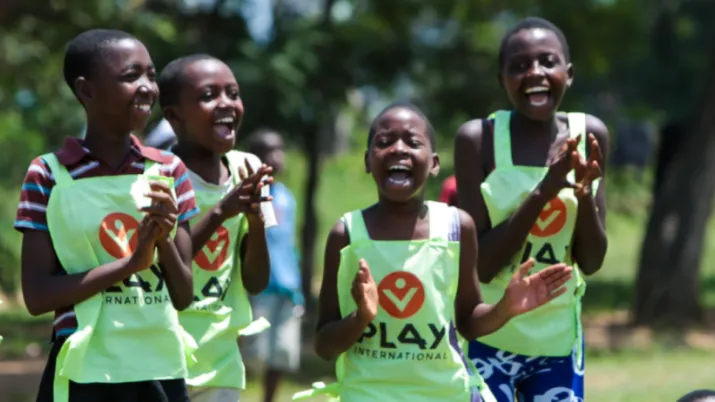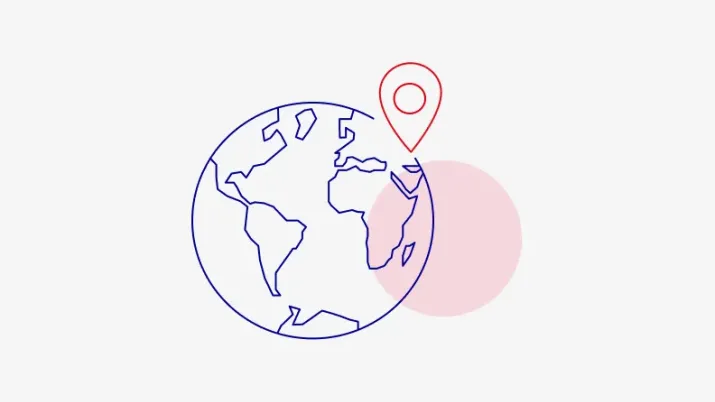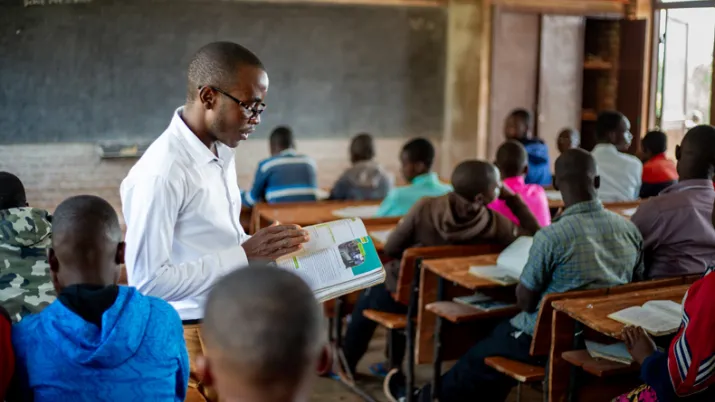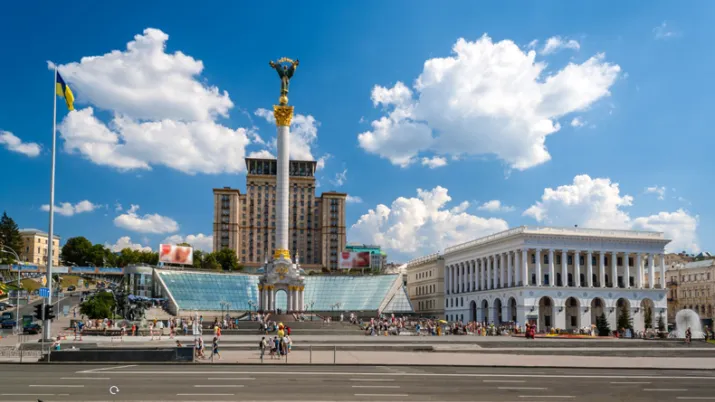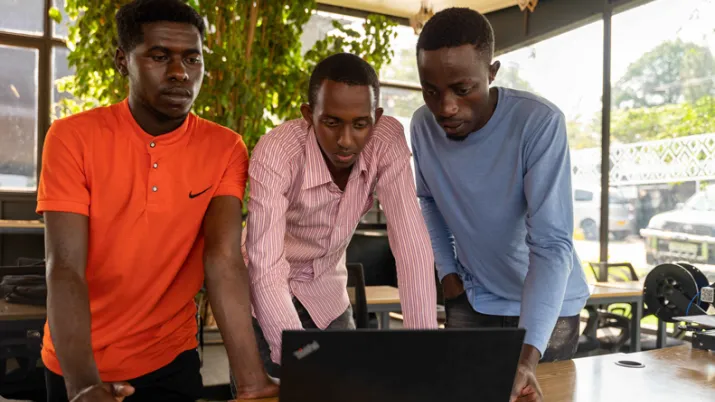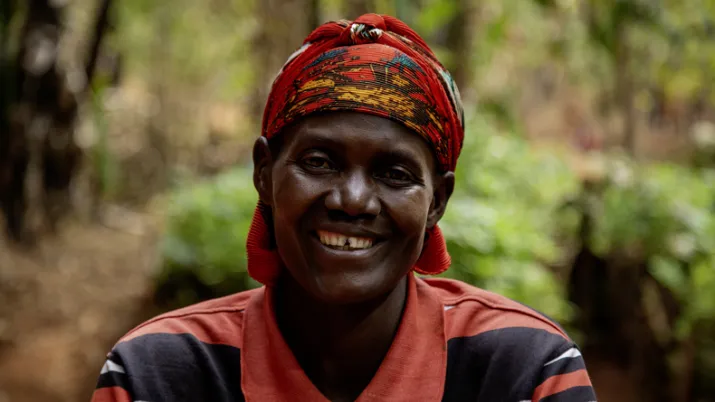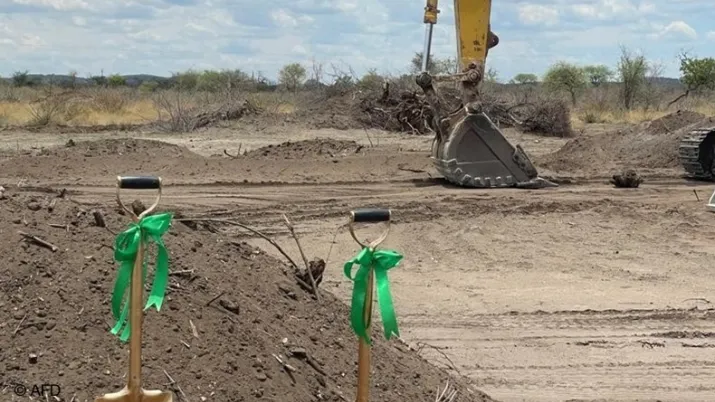Share the page
IDBIO project - An academia partnership to recover renewable resources and waste as bio-based products
Project
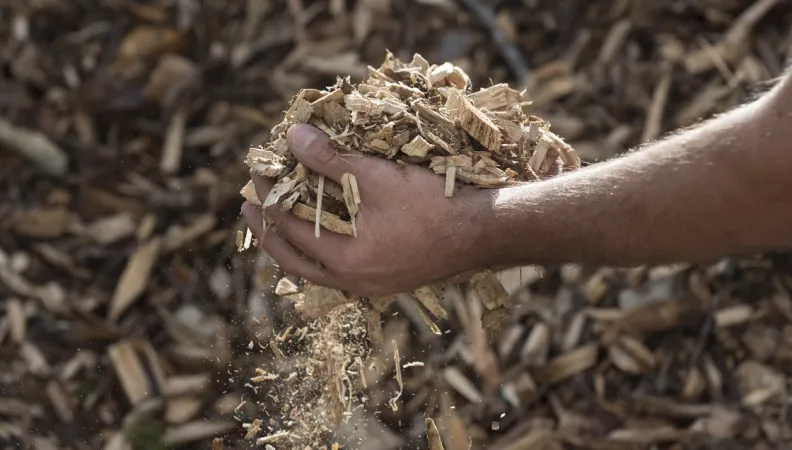

-
Project start date
-
Status
Ongoing
-
Project end date
-
-
Project duration
-
4 years
-
AFD financing amount
-
€ 2 900 000
-
Country and region
-
Location
-
Saint-Louis, Senegal
-
Type of financing
-
Beneficiaries
-
UGB – Université Gaston Berger, Saint-Louis ; , INSA Toulouse – Institut national des sciences appliquées de Toulouse
Work to recover bio-based products from renewable resources and waste and waste – this is the ambition of the IDBIO project, which was selected for the second edition of the “Academia Partnerships Africa-France” programme. Led by the Université Gaston Berger in Saint Louis, Senegal, and the Institut National des Sciences Appliquées (INSA) in Toulouse, France, it aims to set up a job-oriented training programme from Bachelor’s/Licence to PhD/Doctorate level, to foster sustainable innovation and promote employment and equity.
Context
The socioeconomic situation of many African countries depends very largely on energy from fossil resources and on the use of biomass/wood. This runs the risk of deforestation and biodiversity loss, limited food production and post-harvest losses, the insufficient processing and recycling of waste that leads to worrying pollution concerns.
The (bio)transformation of biomass, which includes all renewable resources, agricultural residues, waste from industrial food and non-food processing, forestry and aquaculture residues, holds promise for the socioeconomic development of the partners and the country, while also meeting environmental challenges.
It offers many applications in sectors crucial to the economy, such as the environment, food, energies that can replace fossil fuels, chemicals, health, bio-based materials, sectors that create added value and local jobs.
Description
The IDBIO project aims to set up a strategic partnership to create higher education training programmes in 6 African universities in sustainable engineering of bio-based products: quality, job-oriented Bachelor’s/Licence, Master’s and PhD/Doctorate programmes, attractive at the national, regional and international levels. The ambition? Facilitate the emergence of new sub-sectors for bio-based products recovered from renewable resources and waste, to boost a sustainable local economy.
PEA, IDBIO and the Fondation Avenir Afrique are working to promote and support the actions of UNESCO’s IDBIO Chair, created in January 2023.
The project was selected for the second edition of the “Academia Partnerships Africa-France” programme (PeA). It is financed by the French Ministry for Europe and Foreign Affairs via the Agence française de développement (AFD). The PeA programme is implemented by the Agence nationale de la recherche (ANR – French National Research Agency) and Campus France with support from the French Ministry of Higher Education and Research.
Impacts
This project contributes to achieving the following Sustainable Development Goals (SDGs):
- Reduce poverty and fight against inequality in all its forms (SDG 1) ;
- Co-build quality, job-oriented training programmes on the African continent (SDG 4) ;
- Ensure access to affordable, reliable, sustainable and modern energy (SDG 7) ;
- Ensure sustainable consumption and production patterns (SDG 12).



